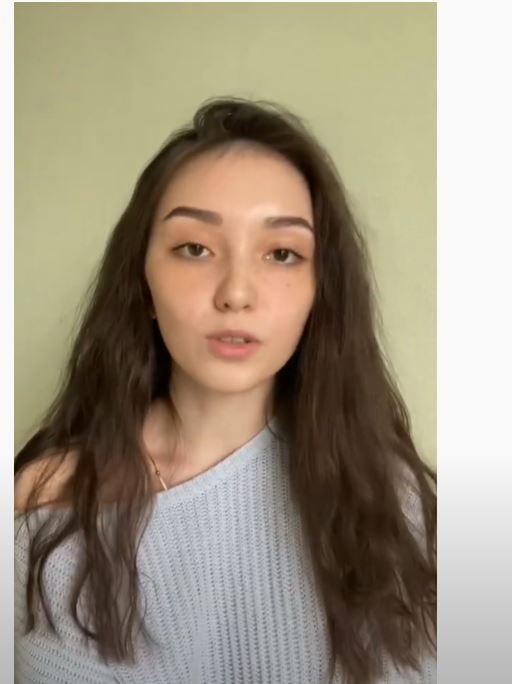Online mobility in Croatia

In February 2020, I was supposed to go to study in Croatia, at the University of Zagreb. However, the situation in the country due to the pandemic and two terrible earthquakes (the building of my faculty was partially destroyed), forced the university to switch completely to online till the end of the academic year. It was clear from their letters that the quarantine measures had been increasing since January, and by the end of January, visa issuance had been closed. These circumstances made me think about either rescheduling for the fall or going online. The final decision was made by our training office of the Faculty of Law, where I was clearly told that no subjects would be able to re-credit me and that I would have to take the missed courses next year. In this regard, I realized that it is better to pass online mobility, combining with studying in Moscow.
-
So, how does online mobility work in general?
The University of Zagreb has its own platform like our "LMS" - Merlin. All courses are displayed here, even the students you are studying with and their contacts. In addition, teachers attach a link to the seminar, homework, and there is also a messenger with which you can write to the teacher or student. But before getting into this platform, you need to register with the Tax administration to get an OIB number -personal identification number. I had difficulties with OIB, because for a long time I was not given it. The Tax administration sent messages as: "Your certificate is ready, come to the specified address and pick it up." Paradoxical, isn't it? But the good thing is that my teacher turned out to be very good and she wrote me a personal letter with a link to the seminar. After a couple of days, I was eventually sent a scan of the certificate to the mail, and I was able to get to the Merlin platform.
-
You may ask, how did I choose the courses and which ones did I study?
At the very beginning, when compiling an individual curriculum, I went to the website of the University of Zagreb and saw a list of courses in English for the spring semester. It was difficult to compare the courses there with the courses in Moscow. After the individual curriculum has already been drawn up, you send it to your office and to host university. Closer to the beginning of the semester (about a week), an updated list of courses with a Google form is sent to the mail.
By the way, there was an interesting moment: I chose the courses and a couple of days later I receive a letter from them that these courses cancelled and again sent another document with the current courses and already with the schedule. In general, I had to choose only one, because I had already taken other courses at the Higher School of Economics, and some of them coincided with my studies at the Higher School of Economics. So, my only and already favorite course is Privacy and Electronic Communications.
By the way, do not repeat my mistake, take 2-3 courses on online mobility, not only one, even if they overlap with your schedule, because teachers can reschedule to any other convenient to group day. And also, one more advice: if you are in doubt to take or not to take a course, then write to the teacher by email and he will be happy to explain everything to you and would give some suggestions to you. Their email addresses are listed on the site in the course list section where you select them.
-
Our class was held in Google meeting, once a week for 1-1. 5 hours. There were 5 homework assignments for the entire course, and they were quite big especially for me, since I was asked to do a comparative analysis with the legislation of the Russian Federation, unlike other students. We sent our homework to the teacher’s mail and then discussed it at the seminar. The teacher canceled the exam and told us to pass the presentation for 10-15 minutes, which we answered at the end of the school year. We were evaluated based on attendance, homework, seminar responses, and presentations.
Summing up, I will say that it was very interesting! I gained a great knowledge of European legislation in this area, as well as the Russian Federation, as I had to familiarize myself with all the legal acts regulating this area. Of course, in the beginning, the biggest difficulty was the individual curriculum and the schedule, but now you know all the pitfalls and can safely get around them. Good luck to all of you!
